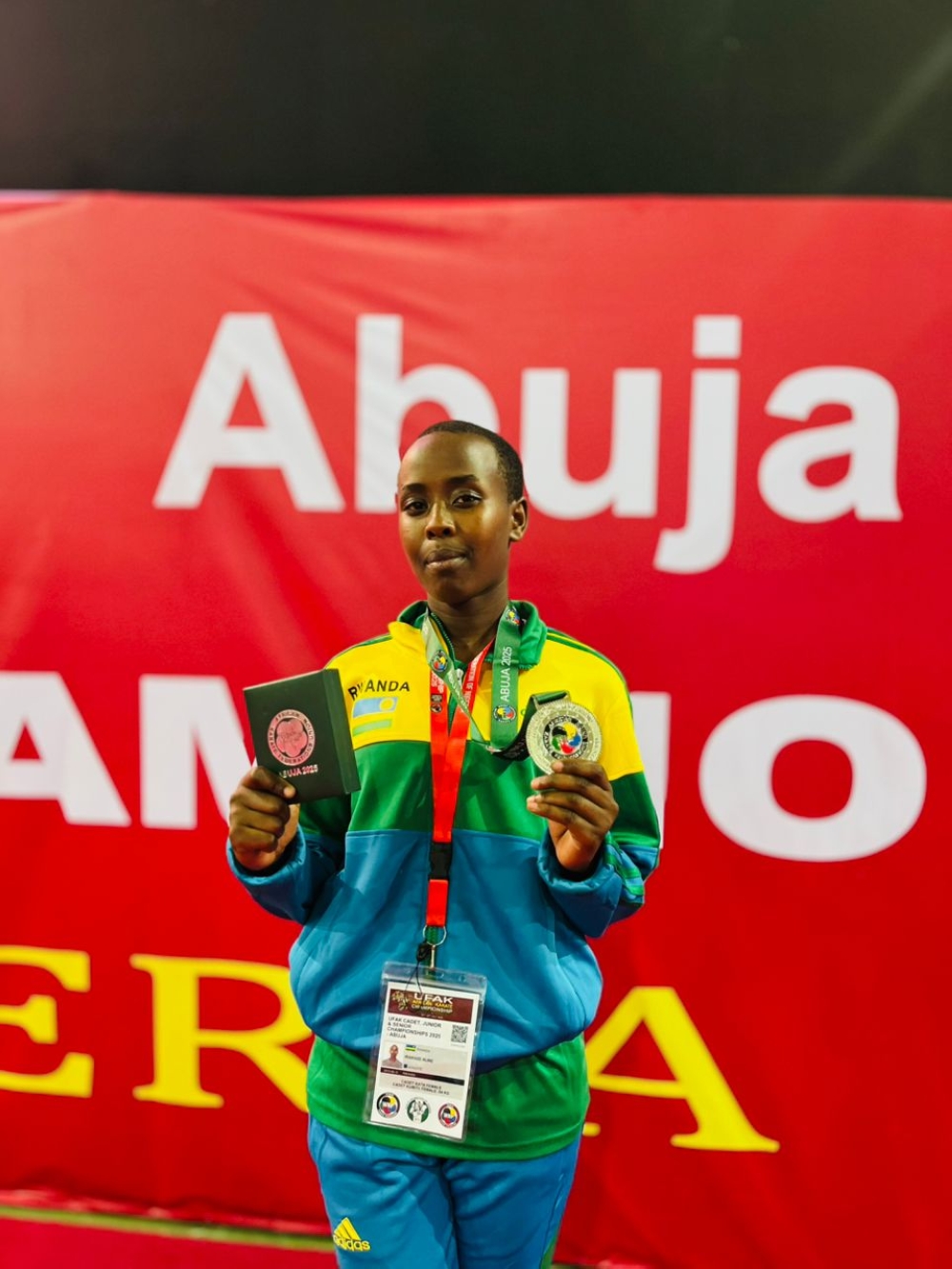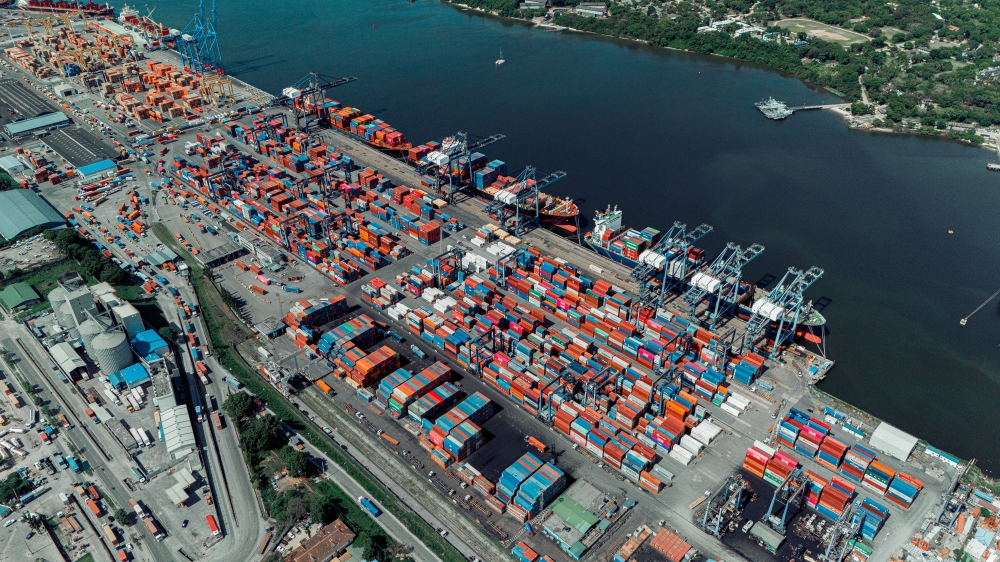Efforts aimed at increasing agro-productivity in the country have been boosted following the launch of the second phase of the Agro Dealers Development project (RDD 2).

Efforts aimed at increasing agro-productivity in the country have been boosted following the launch of the second phase of the Agro Dealers Development project (RDD 2).
Under the project, the government targets to increase the number of agro dealers from 1,200 presently to over 3,000 dealers by 2018.
The effort is expected to increase access to agro inputs, especially in the rural areas to improve crop productivity, Jean Bosco Safari, the Agribusiness Focused Partnership Organisation (AGRIFOP) chief executive officer, said. Safari also said farmers countrywide are still benefiting from agricultural subsidies in terms of fertilisers and improved seeds from the government.
"Under this arrangement, farmers will only pay 25 per cent of the total cost of the input. For instance, if a kilogramme of seeds costs Rwf2,500, a farmer will pay Rwf500 and the government will cover the remaining Rwf1,500. The same goes for other inputs like fertilisers,” Safari said during the launch of the Rwanda Agro Dealers Development project launch in Kigali on Friday.
"We want Rwandans to know the opportunities and profitability of agribusiness so that the sector can attract more players and boost competitiveness.”
The project also seeks to increase smallholder farmer agro productivity and income through strengthened agro-business networks, according to Dr Charles Murekezi, the fertiliser programme co-ordinator at the Ministry of Agriculture.
"The idea is to improve food security and people’s livelihoods by developing transitional rural markets across the country, as well as strengthen market processes,” Murekezi said. He noted that transforming subsistence agriculture to market oriented agriculture was key for Rwanda to achieve sustainable economic transformation.
The second phase of the project is estimated to cost $60,000 (about Rwf408m) compared to $1.5m that was injected into the initial project.
AGRIFOP has also called for proposals for the construction of an agro sector development facility.
The facility is hoped to be central in enhancing innovations in the agribusiness, thus boost productivity, according to Netlyn Bernard, the Interchurch Organisation for Development Co-operation (ICCO) deputy regional manager.
Last week, the government said the food security situation in the country was under control despite threats presented by climate change. It dismissed media reports which had indicated that some families were experiencing food shortages.
According to the National Institute of Statistics of Rwanda (NISR), the agriculture sector grew by 5 per cent in the first quarter of this year, contributing 1.7 percentage points to GDP growth.




